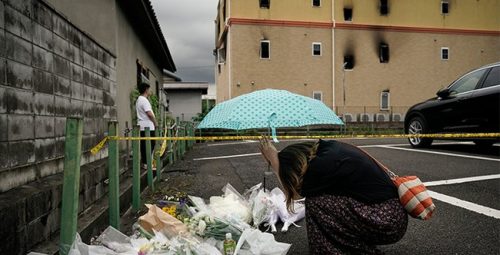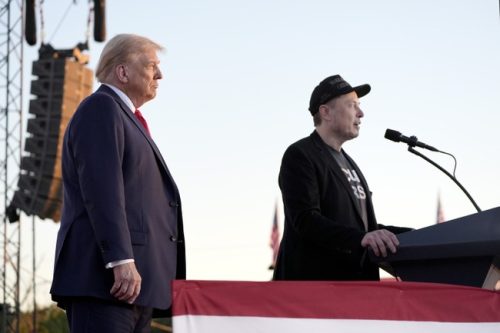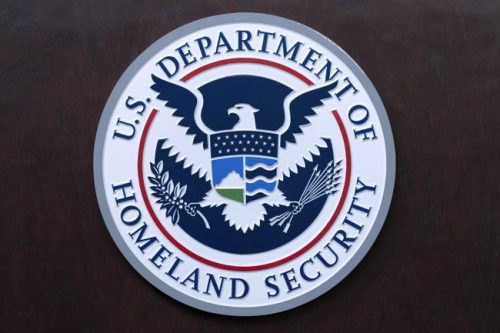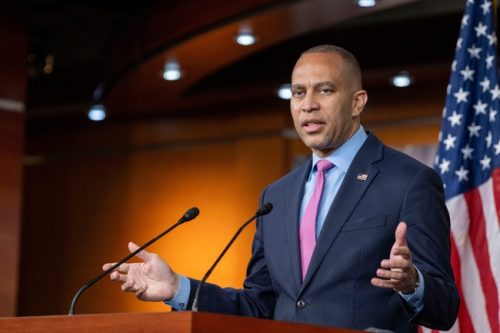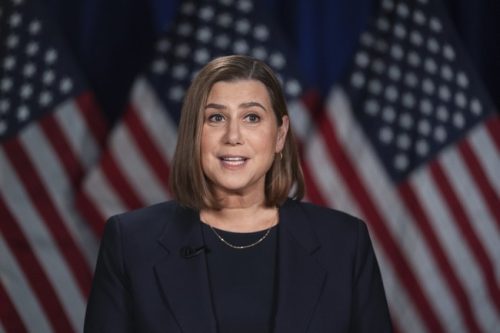Brazil’s political scene has been shaken by a recent bombshell: Carlos Bolsonaro, son of former President Jair Bolsonaro, has been indicted by Brazil’s Federal Police. Accusations suggest he orchestrated a covert espionage operation targeting justices, lawmakers, and journalists to bolster social media attacks. The charges outline a serious abuse of power that tarnishes the conservative image his family has promoted.
Carlos, a Rio de Janeiro councillor, was charged alongside Congressman Alexandre Ramagem and current ABIN chief Luiz Fernando Corrêa. Over 30 others are also implicated in operating a “parallel ABIN” during Jair Bolsonaro’s presidency from 2019 to 2022. Allegedly using Israeli-made FirstMile software, the group tracked political opponents, raising questions about their commitment to conservative values.
Prosecutors have dubbed this operation the “hate cabinet,” with Carlos Bolsonaro allegedly at the helm. The group is accused of gathering data illegally to launch online smear campaigns against their adversaries. It’s a troubling irony that a family vocally against “socialist overreach” now faces charges for using Big Brother tactics themselves.
The espionage operation reportedly took root during Jair Bolsonaro’s presidency, with Ramagem, his former intelligence chief, structuring the illegal surveillance. FirstMile, acquired during President Michel Temer’s administration, could track up to 10,000 phones annually between 2019 and 2021. This was not legitimate intelligence gathering but rather a sweeping invasion of privacy.
High-profile targets of this operation included Supreme Federal Tribunal Justices Alexandre de Moraes, Luís Roberto Barroso, Dias Toffoli, and Luiz Fux. Lawmakers and journalists were also in the crosshairs. Such actions starkly contrast with the Bolsonaro camp’s cries of “freedom” while allegedly monitoring their critics.
Carlos Bolsonaro has attempted to frame the charges as political persecution by Brazil’s current administration. He suggested ulterior motives behind the investigation, asking, “Any doubt that Lula’s Federal Police would do this to me?” However, evidence from Operation Close Surveillance, including raids on his and Ramagem’s homes in 2024, paints a different picture.
The current ABIN chief, Luiz Fernando Corrêa, appointed by President Lula in 2023, is accused of obstructing the investigation. This raises questions about the complexities of political allegiances and the murky waters of loyalty. Ramagem, on his part, insists he pursued oversight and investigated the misuse of FirstMile, dismissing the charges as media manipulation.
Federal Police suspect that Jair Bolsonaro was aware of and benefited from the scheme. However, he wasn’t indicted due to a separate trial involving allegations of a coup, avoiding double jeopardy. This development adds another layer to the already convoluted legal troubles facing the Bolsonaro family.
Legal challenges have been mounting for the Bolsonaros. Jair Bolsonaro is embroiled in trials for allegedly plotting against Lula and attempting a coup to overturn the 2022 election. He’s also been banned from office until 2030 for questioning Brazil’s electoral system, a blow to his political aspirations.
Eduardo Bolsonaro, another Bolsonaro son, is under scrutiny for obstructing investigations and seeking U.S. sanctions against Justice de Moraes. His asylum bid in the U.S., citing persecution, seems more like a tactical maneuver than a genuine plea. The family’s penchant for drama matches their legal predicaments.
Initial reports inaccurately stated that Jair Bolsonaro was indicted, causing confusion. Whether this was a result of sloppy journalism or intentional spin remains unclear. Regardless, it adds to the already complex narrative surrounding the Bolsonaro family.
The scandal has dented the Bolsonaro brand, which once rallied conservatives against perceived leftist threats. Espionage and underhanded tactics betray the conservative ideals they claimed to uphold. True conservatism should rest on principles, not on deceitful strategies.
The allegations against Carlos Bolsonaro’s “hate cabinet” paint a disturbing picture of a government misusing technology to stifle opposition. If proven true, these actions not only violate the law but also undermine the tenets of democracy. Brazil deserves leadership that upholds the rule of law rather than descending into personal vendettas.
As legal challenges pile up against the Bolsonaros, their supporters continue to defend them, but the evidence appears overwhelming. Conservatism should thrive on integrity and transparency, not paranoia and conspiracy. It’s perhaps time for Brazil’s conservatives to seek leaders who can embody these values without resorting to questionable practices.
In the midst of this political turmoil, the right is at a crossroads. The Bolsonaros’ actions have cast a shadow on their legacy. Moving forward, Brazil’s right-wing needs to reassess and realign with the fundamental principles they profess to champion.


